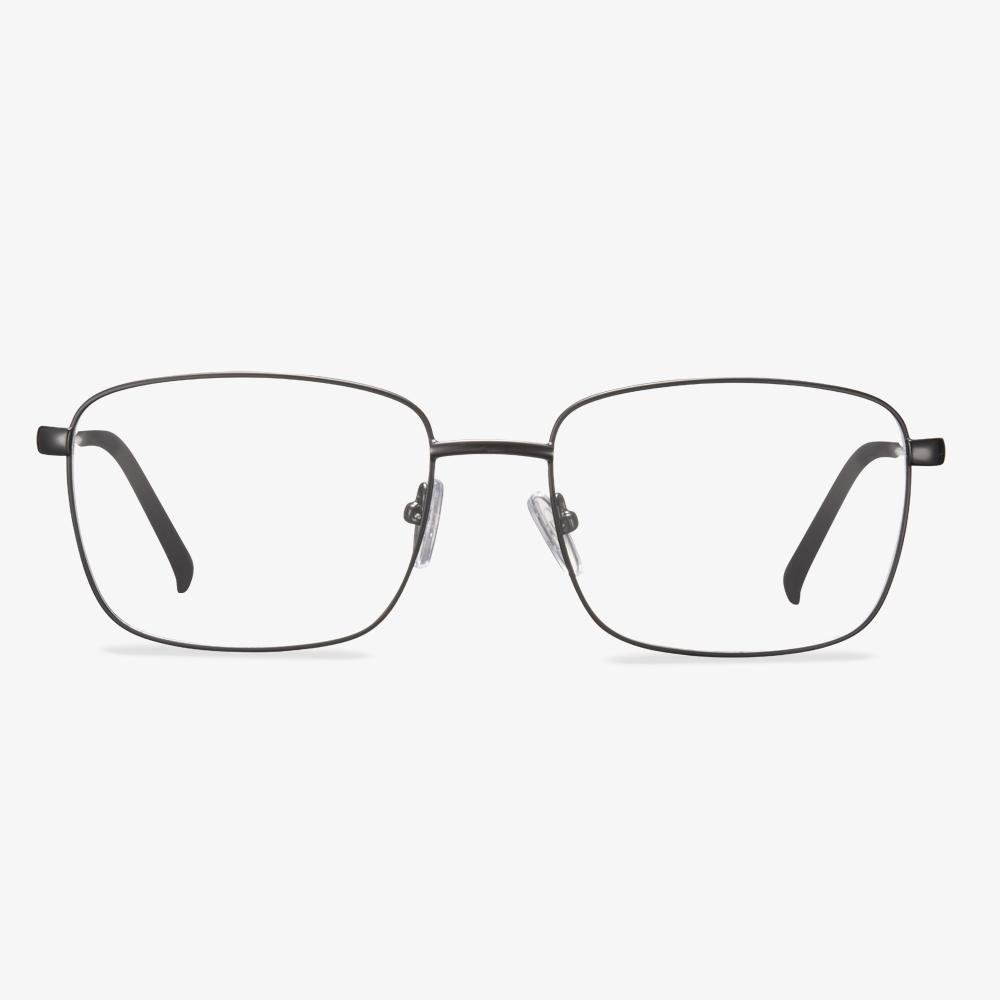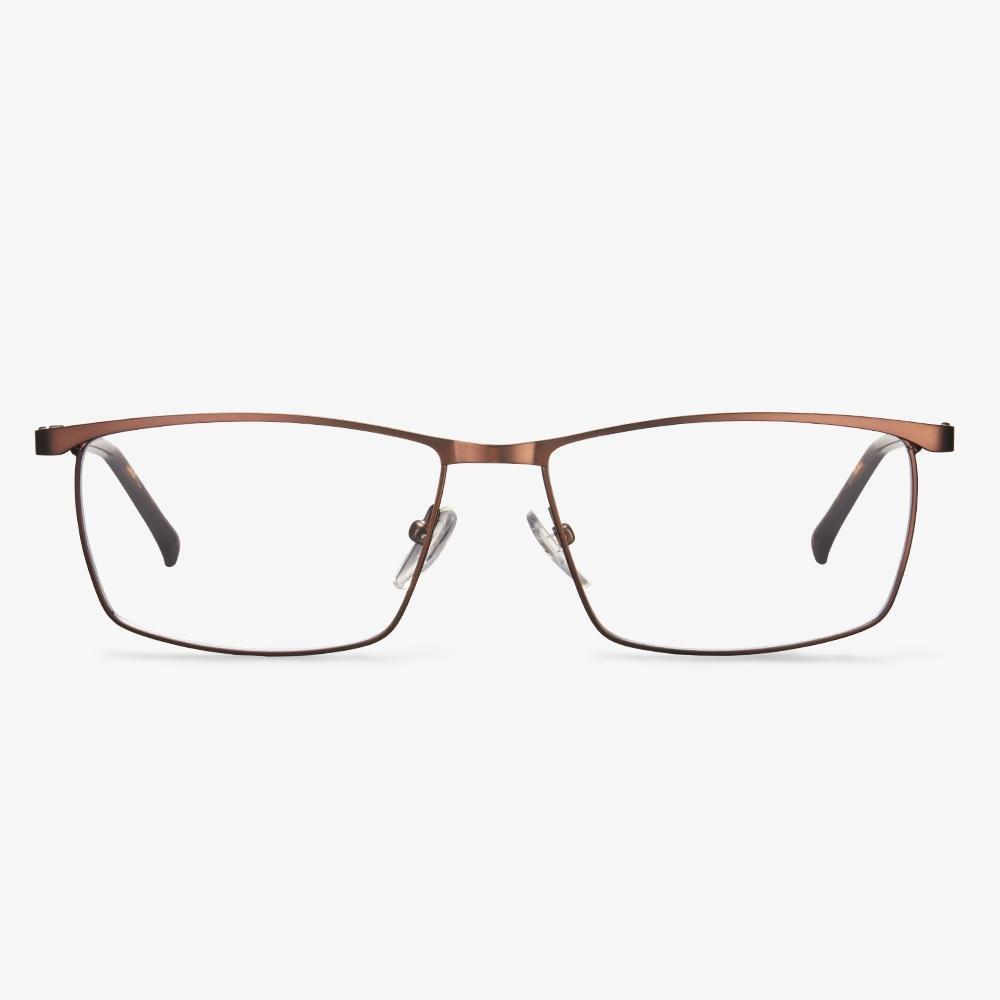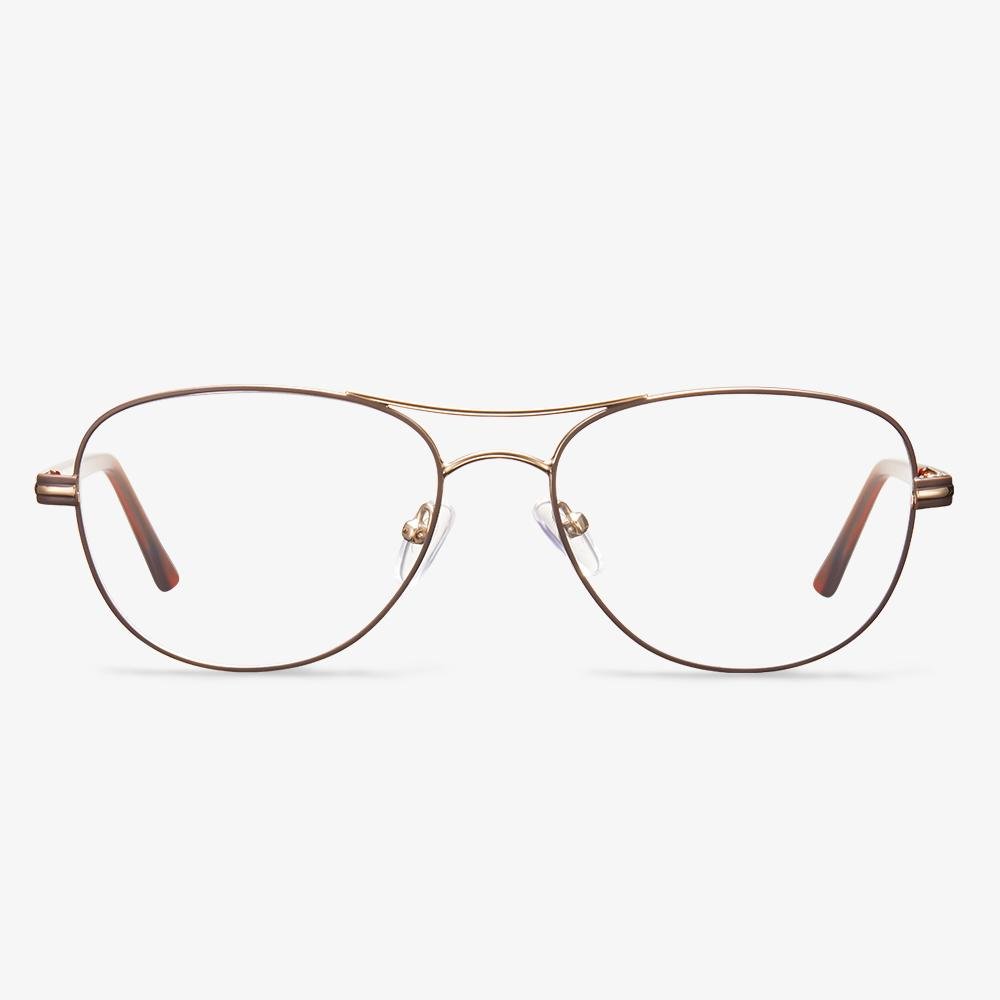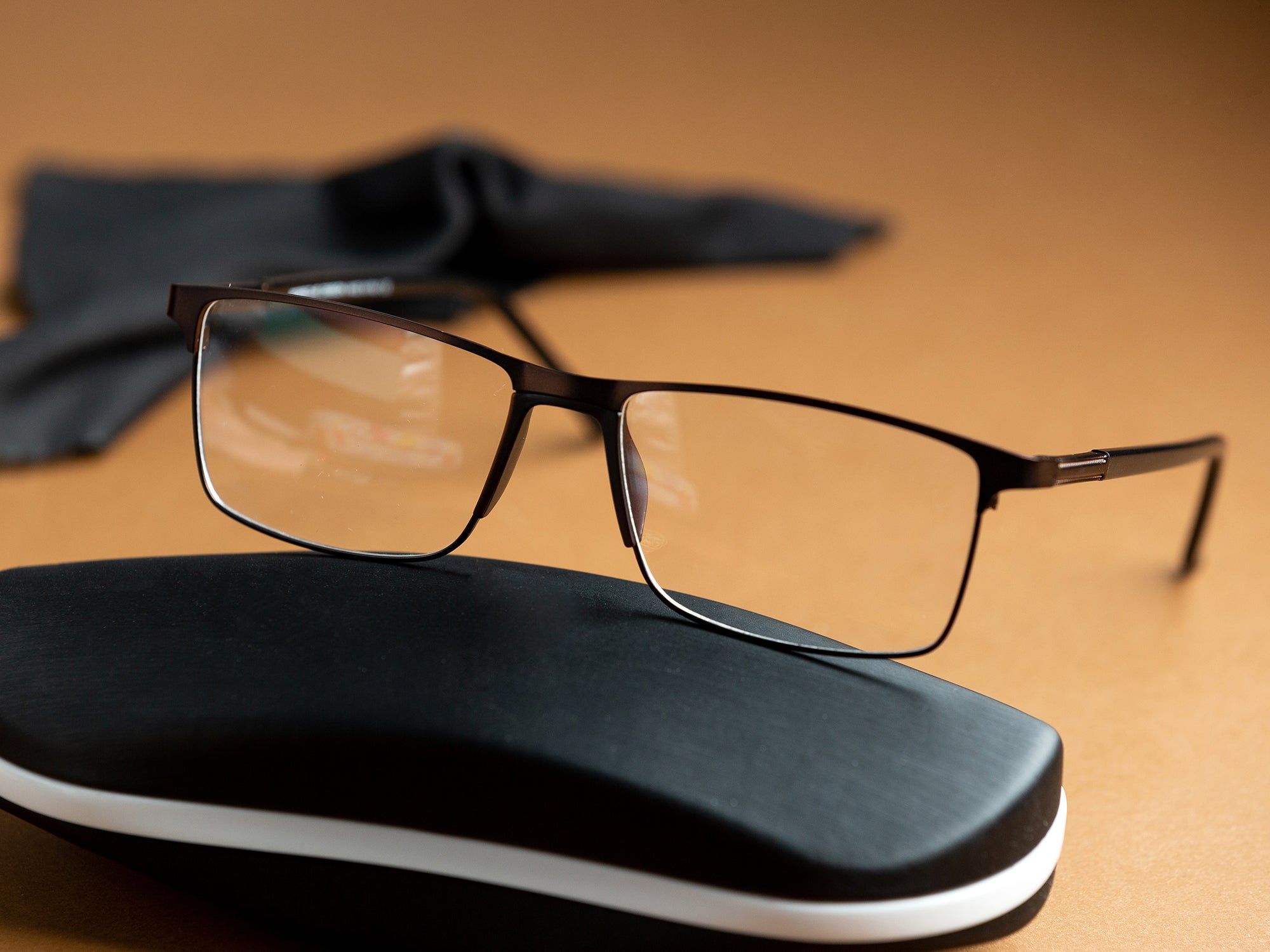Today we tell you about the consequences of leaving your glasses in the water overnight.
When we wear glasses, the glasses are not always disposed of from the glasses case, they may also be fished out of the water.
We've all had those moments of forgetfulness when we misplace our eyeglasses or sunglasses. It's not uncommon to find them in unexpected places, like on the bedside table or in the car. However, what happens when you accidentally leave your glasses submerged in water overnight? In this article, we will explore the potential consequences of this mishap and offer some tips on how to prevent it from happening.
Water and Glasses: A Risky Combination
Glasses are essential tools for many individuals, providing clarity and improved vision. While they are designed to withstand normal wear and tear, they are not impervious to damage, especially when exposed to water for extended periods. Let's delve into the potential issues that can arise from leaving your glasses in water overnight:
1. Lens Damage
One of the most immediate concerns when glasses come into contact with water is lens damage. Depending on the type of lens material (e.g., plastic, polycarbonate, or high-index), water can lead to swelling or warping. This distortion can result in compromised visual clarity, making your glasses less effective at correcting your vision.
2. Coating Issues
Many eyeglasses feature special coatings, such as anti-reflective, anti-scratch, or UV protection coatings. Prolonged exposure to water can weaken or damage these coatings, diminishing their effectiveness. This can result in more frequent scratches, reduced clarity, and less comfortable wear.
3. Frame Swelling and Corrosion
Water can also affect the frames of your glasses, particularly if they are made of metal. Over time, exposure to moisture can lead to frame corrosion or rusting. In addition, some frame materials, like wood, can absorb water, leading to swelling and warping, which can render the glasses unwearable.
4. Mold and Bacteria Growth
Leaving your glasses in water creates a breeding ground for mold and bacteria. The damp environment encourages the growth of these microorganisms, which can be harmful to your eye health. Wearing glasses contaminated with mold and bacteria can lead to eye infections and discomfort.
Preventing Water Damage to Your Glasses
Now that we understand the potential consequences of leaving glasses in water overnight, here are some preventive measures to keep your eyewear in excellent condition:
Designated Storage: Always designate a safe and dry place to store your glasses when you're not wearing them. Consider using a protective eyeglass case to shield them from water exposure.
Routine Cleaning: Regularly clean your glasses using a microfiber cloth and a gentle eyeglass cleaner. This helps remove smudges and debris, reducing the need for extended water exposure.
Use a Waterproof Case: When traveling or in situations where water exposure is likely, invest in a waterproof case designed specifically for glasses. These cases provide an extra layer of protection against moisture.
Avoid Hot Water: Never expose your glasses to hot water, as extreme temperatures can cause warping and damage to both the frames and lenses.
Dry Your Glasses: If your glasses accidentally get wet, immediately dry them with a clean, lint-free cloth to prevent water from causing any damage.
Leaving your glasses in water overnight is an unfortunate mistake that can result in various issues, including lens damage, frame problems, and even potential health risks from mold and bacteria. To protect your investment and maintain clear vision, it's crucial to store your glasses properly, keep them dry, and avoid exposing them to excessive moisture. Remember that regular maintenance and care will prolong the life of your eyewear and ensure you continue to see the world with clarity and comfort.






































